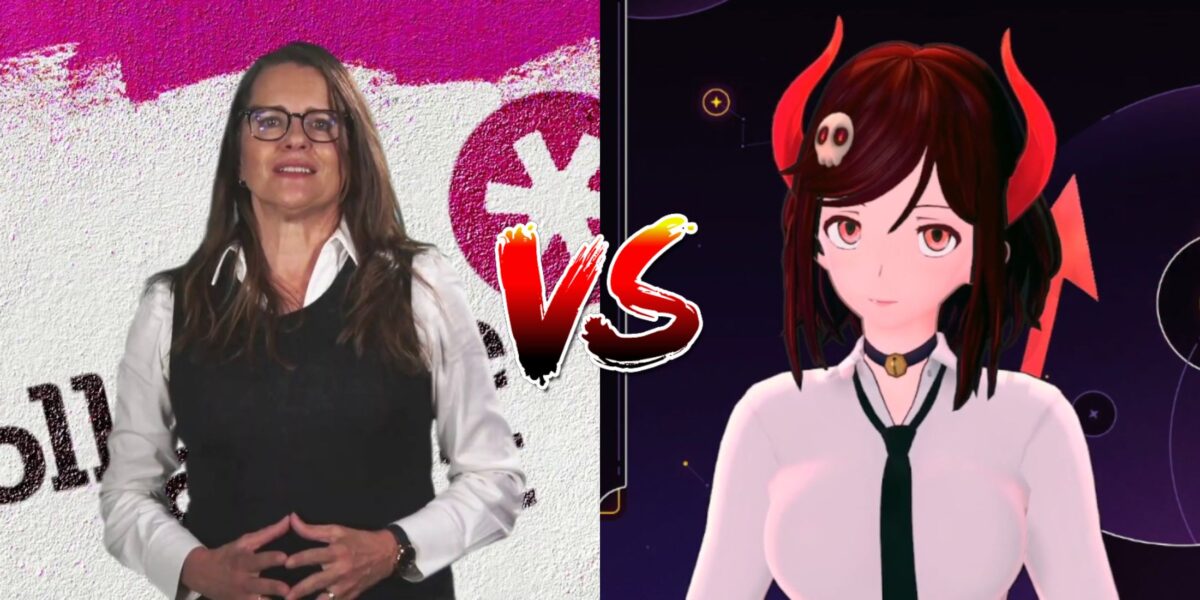Video game censorship is nothing new. In fact, it’s nearly as old as video games are. Valve recently removed a number of adult games from Steam, and left a host of stricter content guidelines in their wake. This move has drawn no shortage of discourse online, but was unfortunately only the beginning for this latest censorship controversy.
Collective Shout Provokes New Steam Censorship Rules
Shortly after Steam’s new moderation guidelines went live, Australian anti-porn activist group Collective Shout claimed responsibility. Collective Shout has cited payment processors (such as PayPal, MasterCard, and Visa) as primary targets in their campaign, which pairs with Valve’s confirmation that pressure from these payment processors played a role in their decision to ramp up content moderation.
Collective Shout co-founder Melinda Tankard Reist followed up with an inflammatory Twitter post, in which she referred to her detractors as “porn sick brain rotted pedo gamer fetishists”. It is difficult to read this statement and imagine it comes from someone who carries the best interests of the video game community at heart.
Collective Shout is a self-described feminist non-partisan organization, but has alleged ties with anti-trans and conservative organizations. The group has developed a reputation as a sort of puritan crusade that targets everything from Detroit: Become Human to Tyler, the Creator.
Former Waypoint Contributor Responds to Vice’s Collective Shout Controversy
In fact, Collective Shout has been very public about their motives, such as in their open letter to payment processors which initiated this entire process. However, journalist Ana Valens aimed to bring further details to light in a series of articles for Waypoint (the gaming section of Vice magazine). The first article discussed the rocky standing of Collective Shout’s claims against Steam, while the second sought to reveal the “powerful allies” backing the group’s ongoing censorship efforts. Both articles have since been pulled from public access, but remain available to read on the Wayback Machine.
In the wake of her articles’ removal, Valens has since resigned from her position as a Waypoint Contributor. In a brief interview with GamesHub, Valens stated that neither Collective Shout nor its alleged associates, which she believes is in part due to her history as an advocate for the rights of sex workers. Ana Valens’ editor Dwayne Jenkins reportedly argued in favor of keeping the articles up, but was met with the conclusion that there “might be too much legal risk” in doing so.
Jenkins has since left Waypoint in solidarity with Valens. In our conversation with Valens, she named the other contributors who have joined them in resignation as Matt Vatankhah and Shaun Cichaki. Valens noted that the contributors who remain at Waypoint continue to support her as well, but could not afford to risk their job at this time.
There is ultimately no evidence that Collective Shout was directly involved in the removal of these articles, which did not state anything that the group isn’t likely to corroborate themselves. However, any potential involvement would be in line with the tactics the group has employed against Steam. Likewise, there is no doubt that Collective Shout bears a degree of responsibility for the resignation of Ana Valens and her Waypoint colleagues, who believe themselves to be the next likely target in Collective Shout’s pressure campaign.
This calls into question if organizations like Valve and Vice have made the right decision by relenting to pressure. In fairness, financial incentives may have left them with little choice, but it is nevertheless worth considering if there is a reasonable end in sight to Collective Shout’s demands for censorship.

